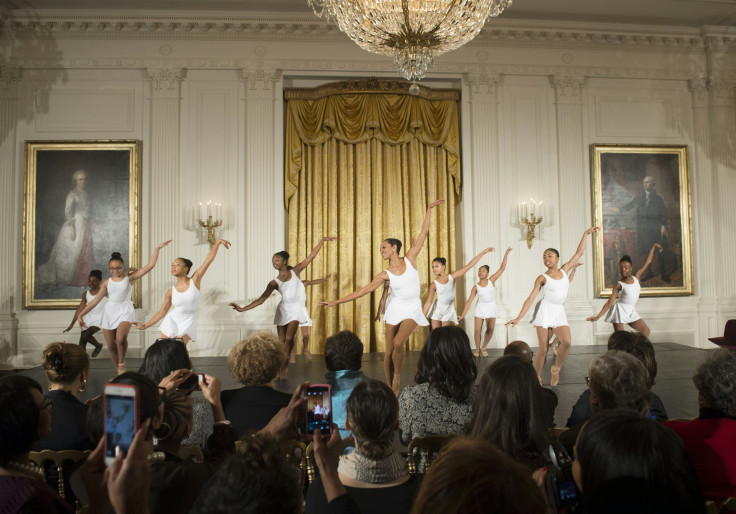Black History Month Facts: Things To Know About Holiday Honoring African-Americans

The Black History Month also known as the "African-American History Month" will be observed throughout the United States from Friday to honor achievements of African-Americans and also recognize their role in the country’s history.
The Association For The Study Of African American Life And History announced this year’s theme as “Black Migrations.”
“ASALH’s 2019 theme Black Migrations emphasizes the movement of people of African descent to new destinations and subsequently to new social realities,” the association wrote on its website, adding “While inclusive of earlier centuries, this theme focuses especially on the twentieth century through today.”
Though, Carter G. Woodson, known as the “Father of Black History,” initiated the observance in 1926, the U.S. government officially recognized the month in 1976. While U.S. and Canada celebrates the month in February of every year, the United Kingdom observes it in October.
Here are some interesting facts about the history of the observance –
1. Woodson along with the Association for the Study of Negro Life and History, announced the second week of February as “ Negro History Week ” in 1926 to coincide with Abraham Lincoln's birthday on Feb. 12 and Frederick Douglass' Feb. 14 birthday.
2. In February 1969, the leaders of the Black United Students at Kent State University proposed the expansion of the celebration from a week to a month.
3. While making it official in 1976, President Gerald Ford said, "In celebrating Black History Month, we can take satisfaction from this recent progress in the realization of the ideals envisioned by our Founding Fathers. But, even more than this, we can seize the opportunity to honor the too-often neglected accomplishments of black Americans in every area of endeavor throughout our history."
4. A law was passed in 1986, which designated the February of the year as “National Black (Afro-American) History Month.”
The Black History Month also helps you improve knowledge about the African-Americans who have played major roles in US society over the years. Here are some of them –
1. John Chavis was the first black man to graduate from college.
2. Matthew Henson was the first African-American explorer to go to North Pole.
3. Martin Luther King, Jr. was one of the most famous African-American Civil Rights Movement leaders who went to jail 29 times for the cause.
4. In 1988, Debi Thomas was the first to win a medal at the Winter Olympic Games.
5. Barack Obama was sworn in as the first Black United States President in 2009.
© Copyright IBTimes 2025. All rights reserved.





















